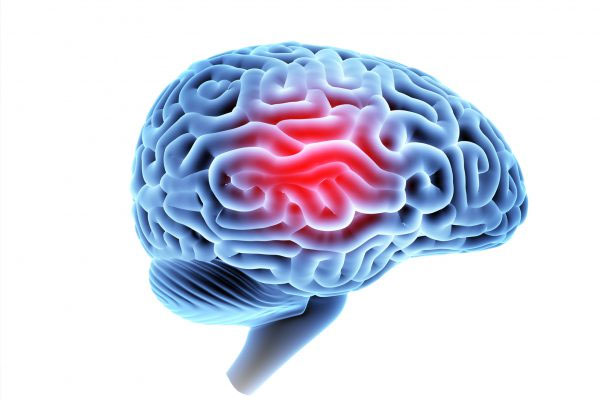Accidents are a part of life, but that doesn’t take away from how devastating they can be. In some cases, injuries from an accident can lead to permanent life changes, which often have a ripple effect by impacting other people. For example, following a traumatic brain injury (TBI), lifelong changes are likely to have a detrimental impact on partners and children.
The Impact on Partners
There are many different ways in which a TBI can affect the injured person’s partner. We will cover a few of them below.
Financial Strain
Many families rely on the salaries of at least one if not both parents. Following a traumatic brain injury, there’s a high chance that continuing with work – or at least in the same capacity – won’t be an option. Unfortunately, this loss of earnings will have an impact on the entire family, but we can help you claim compensation for this loss.
Changes in Behavior
Traumatic brain injuries can cause people to lose control at any time, which may lead to erratic outbursts in public including making inappropriate comments, swearing, and acting against social expectations. Unfortunately, the harsh reality is that these actions can leave partners feeling sad, frustrated, and embarrassed.
Practicality Issues
Most parents divide and conquer when it comes to tackling tasks, whether that be childcare or along the journey of life. In some cases, a traumatic brain injury survivor won’t be able to complete their share. For example, they will often be deemed unfit to drive, which may complicate schedules and cause difficulties.
The Impact on Children
Obviously, a parent suffering a traumatic brain injury will greatly affect their children in the following ways.
Inability to Perform Basic Care
Children rely on their parents to get the best out of life including being cared for. If one of their parents suffers a traumatic brain injury, they may be left without basic care, especially if the survivor demands extensive care from the other parent.
Emotional Issues
Regular contact with both parents is an essential part of child development. However, following a traumatic brain injury, survivors may suffer depression, anxiety, and a loss of confidence as a parent. These feelings can often lead a parent withdrawing from their children, which can have a negative impact on a child’s emotional state and life.
Changes in Living Situations
Following a traumatic brain injury, survivors will need a lot of support including help with simple tasks. As discussed, this can be a burden on partners and may put too much strain on the relationship, which can result in a separation. The volatile home life may lead to a child having to be placed in an alternative living arrangement including foster care, which would give the parents time to heal and arrive in a more suitable position.
Fear Following Changes in Appearance
Survivors of traumatic brain injuries often suffer changes in facial expressions because they’ve lost control. These changes can often cause fear in a child at first, although they will most likely grow used to the change over time.
Traumatic brain injuries place a strain on both parents and children, often tearing apart families and changing lives forever. If you or your partner has suffered a traumatic brain injury, you can file a compensation claim. The first step you need to take is to contact us at Marc S. Albert. You can find our offices at:
- Astoria – 32-72 Steinway St, Astoria, NY 11103
- Brooklyn – 7113 5th Avenue, Brooklyn, NY 11209
- Syosset – 175 Jericho Turnpike, Syosset, NY 11791
Or call us on (347) 472-5080 for a free consultation.

